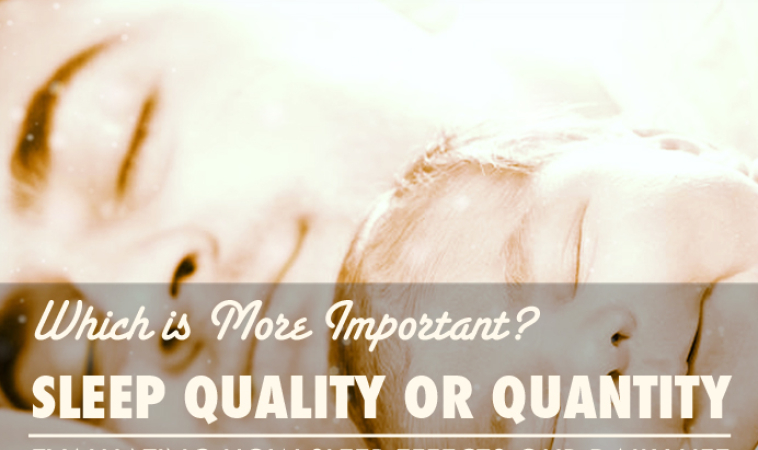Dr. Catherine Darley, ND
@naturalsleepdr
The most common sleep problem is not getting enough sleep. In fact, the Centers for Disease Control has declared that “insufficient sleep is a public health epidemic”.1 About 30 percent of adults get less than six hours of sleep nightly, although we know almost everyone needs more.2 Surprisingly, the number of children who are sleep deprived is even greater, at approximately 70 percent of high school students getting less than eight hours (teens need about nine hours nightly.)3 Insufficient Sleep Syndrome is a disorder included in the International Classification of Sleep Disorders, 3rd Edition, which is currently used in sleep medicine.4
So why does it matter? Having more hours in the day is a good thing, right? Well, not necessarily. When we don’t get adequate sleep, it shows up in many ways and causes problems. Let’s take a brief sample of what goes wrong.
- Cognitive performance. Many cognitive tasks, from simple memory to complex problem solving are impaired without sufficient sleep.
- Physical performance. When polled in 2005, 60 percent of drivers said they’d driven drowsy in the last year. When asked the next, truly scary question, 37 percent said they had fallen asleep at the wheel in the last year.5 Other aspects of physical safety are also impaired when we don’t get enough sleep.
- Emotional intelligence. An interesting study showed that when we are sleep deprived, we have difficulty reading the emotion in another person’s face.6 Think how many times this is important in a day. There are other ways emotional intelligence suffers with sleep debt. What impact could it have on relationships over time?
- In the next months, I’ll be focusing on some of these connections in greater detail. For now, know that many systems in the body are impacted by sleep – from blood sugar regulation to immune function to cardiovascular health to name a few.
So, I think of the decision about whether to get adequate sleep as one of those timeless Quality vs. Quantity questions. Do you want to have a longer day feeling irritable, mentally slow, and in danger from drowsy driving? Or do you want to get enough sleep, resulting in a shorter day when you are on the top of your game, feeling happy, and connected to your loved ones? As a physician, I think having that quality, healthy experience during the day is most important.
I encourage you to try two weeks of truly getting the sleep you need every night. (Yes, I said every night). Then evaluate how things went in the areas above. What did you observe? Was there a difference in your experience? If so, honor that improvement by committing to a better quality of life by getting the sleep you need.
References:
- Centers for Disease Control and Prevention. Insufficient Sleep is a Public Health Epidemic. Centers for Disease Control and Prevention. 2014. Available at: http://www.cdc.gov/features/dssleep/. Accessed October 22, 2014.
- Schoenborn CA and Adams PF. Health behaviors of adults: US, 2005-2007. Vital Health 2010;10(245).
- Youth Risk Behavior Surveillance – US, 2009. MMWR 2010;59:SS-5.
- American Academy of Sleep Medicine. International Classification of Sleep Disorders, 3rd Edition. 2014.
- 2005 Sleep in America poll, the National Sleep Foundation.
- van der Helm E. et al. Sleep deprivation impairs the accurate recognition of human emotions. Sleep. 2010;33(3):335-342.
*****
 Catherine Darley, ND is the founding director of The Institute of Naturopathic Sleep Medicine in Seattle, Washington. Dr. Darley is passionate about the role healthy sleep plays in overall health and quality of life, and is pioneering the field of naturopathic sleep medicine. She provides comprehensive care for people of all ages with sleep problems, specializing in insomnia and circadian rhythm disorders. In addition to providing patient care, she educates the public and does corporate fatigue management programs.
Catherine Darley, ND is the founding director of The Institute of Naturopathic Sleep Medicine in Seattle, Washington. Dr. Darley is passionate about the role healthy sleep plays in overall health and quality of life, and is pioneering the field of naturopathic sleep medicine. She provides comprehensive care for people of all ages with sleep problems, specializing in insomnia and circadian rhythm disorders. In addition to providing patient care, she educates the public and does corporate fatigue management programs.

















